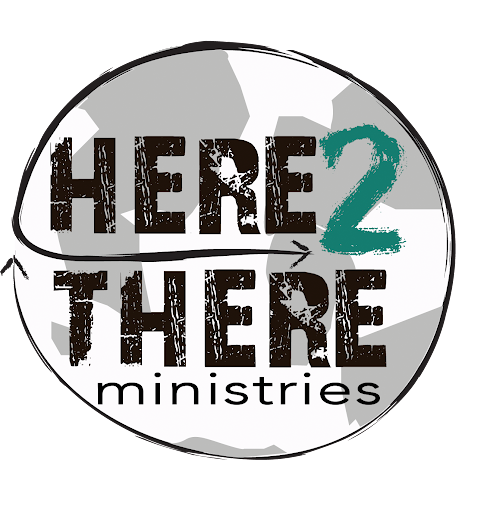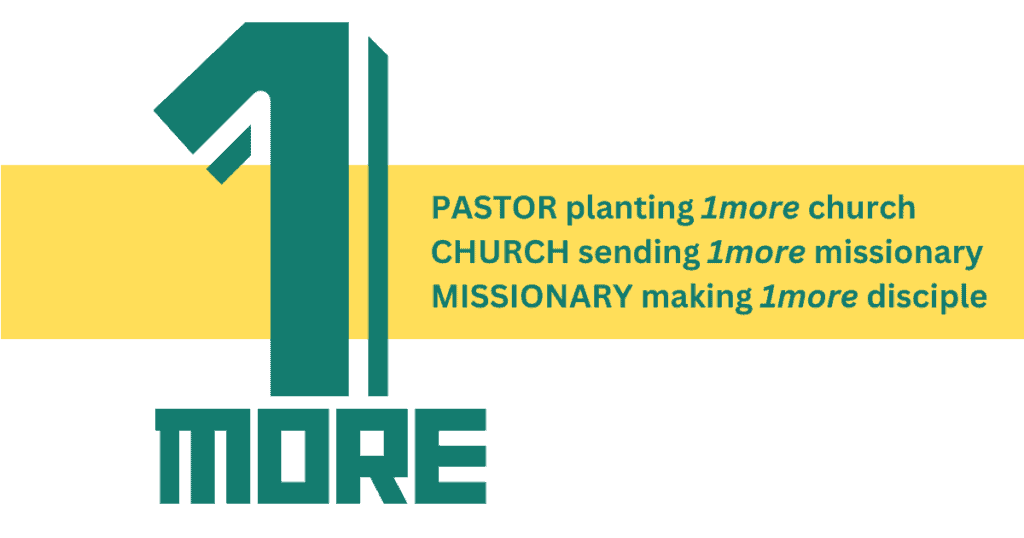In the last two blogs of this 3-part blog series we discussed WHY it’s important to get help, and HOW to ask for help. This time we will be discussing WHERE to find help. If you’ve been reading these blogs, then maybe you, or someone you know realizes that it’s time to get help, but you aren’t sure where to go for help.
First, it’s important to recognize what kind of help you need. If there is something you need to continue to minister, then it’s okay to ask for it. My dad works construction and my mom is an AMAZING cook. She is always cooking and baking for everyone for any reason. One time my mom and dad were out shopping, and my mom came home with a nice mixer. My dad said that he knows that having the right tools makes all the difference in the world when it comes to getting a job done right. It’s true you need the best tools to do the best job! Sometimes it could mean needing more staff. If you need an assistant, then ask for one. The only sure time you won’t get what you need, is if you don’t ask.
Sometimes the needs are far greater than an extra hand, or needing a vehicle, new building, or other material items. Sometimes going into ministry doesn’t have the affect and fulfillment that was expected. When wearing so many hats and having so many people rely on you the stress can be too much to bear. Depression and/or anxiety can set in and it can feel like your world is closing in. You may lack energy or have too much energy. You may not know how to begin, or if you even want to begin doing anything at all.
No matter what you have seen or heard about therapists, in America, according to the APA (American Psychological Association website: http://www.apa.org/monitor/julaug04/survey.aspx), “an estimated 59 million people have received mental health treatment in the past two years”, “48 percent of those polled reported a visit to a mental health professional by someone in their household this year”.
Although the numbers are growing of people that are reaching out for professional help, it still can be difficult to recognize that you need help, and even more difficult to seek out a therapist to ask for help. When asked in the poll above, one of the reasons why people did not seek help was due to their lack in confidence that treatment helps. Also, although the stigma is decreasing, “nearly half of those polled–47 percent–said that the stigma surrounding mental health services has decreased in recent years”, yet “30 percent of respondents were concerned about other people finding out if they sought mental health treatment, and 20 percent said that stigma is “a very important reason not to seek help” from a mental health professional.”
Depending on which study you look at, either 1 in 4, or 1 out of 5 people that need mental health therapy aren’t receiving it. Part of the reason is because they don’t have access. Other reasons include cost, and privacy (the stigma).
In instances where you are feeling stressed, overwhelmed, overly tired, anxious, or depressed, it’s okay to contact a licensed mental health therapist. Therapists are trained to help people find techniques that will allow them to either discover where these feelings are coming from to decrease or eliminate triggers, or they will help you to find ways to cope with these feelings and still be able to continue the work you are doing.
I would recommend that if you are going to make a life change, such as moving yourself and your family to a foreign country, where you are going to learn a new language, a new culture, a new way of life, where you don’t know anyone, that it would be a good idea to see a therapist first. Think about and discuss what changes you are about to encounter, get some ideas and tools of what to do when you run into any of these scenarios. That way you are prepared. Even though it will still be an adjustment, you may not be caught as off guard, and even if you are, you’ve got the tools to fight it.
If you are already on the mission field and you are feeling overwhelmed, depressed, or anxious, it’s never too late to contact someone and ask for help. Having someone that is not in the situation, that doesn’t have a bias one way or the other, who can listen to your concerns and offer some skills and Biblical advice to help you get through it can be very beneficial.
We have a great example of this from the scriptures, it comes out of Exodus Chapter 18. When we read this story previously we saw that it was too much for Moses to be the only judge. We saw the importance of Moses asking for help. This week, we see that Moses took the advice of his Father in law. You see, if Moses had continued to be the only Judge at that time, listening to all the people he would have been burned out. His father in law saw that. Moses had a choice. He could have kept doing what he was doing and told his father in law he had it “handled”, but he didn’t, he listened to the counsel of his father in law, and things ran much more smoothly.
If this series on asking for help has been beneficial for you and you want help, please don’t hesitate to ask. If you need to talk to a licensed therapist, you can e-mail Here2There ministries at [email protected] and they will put you in contact with someone.
Take Care, God Bless, and remember, there are many people who want to help, they are just waiting to be asked!!
Christy Paul, M.Ed, LMHC


